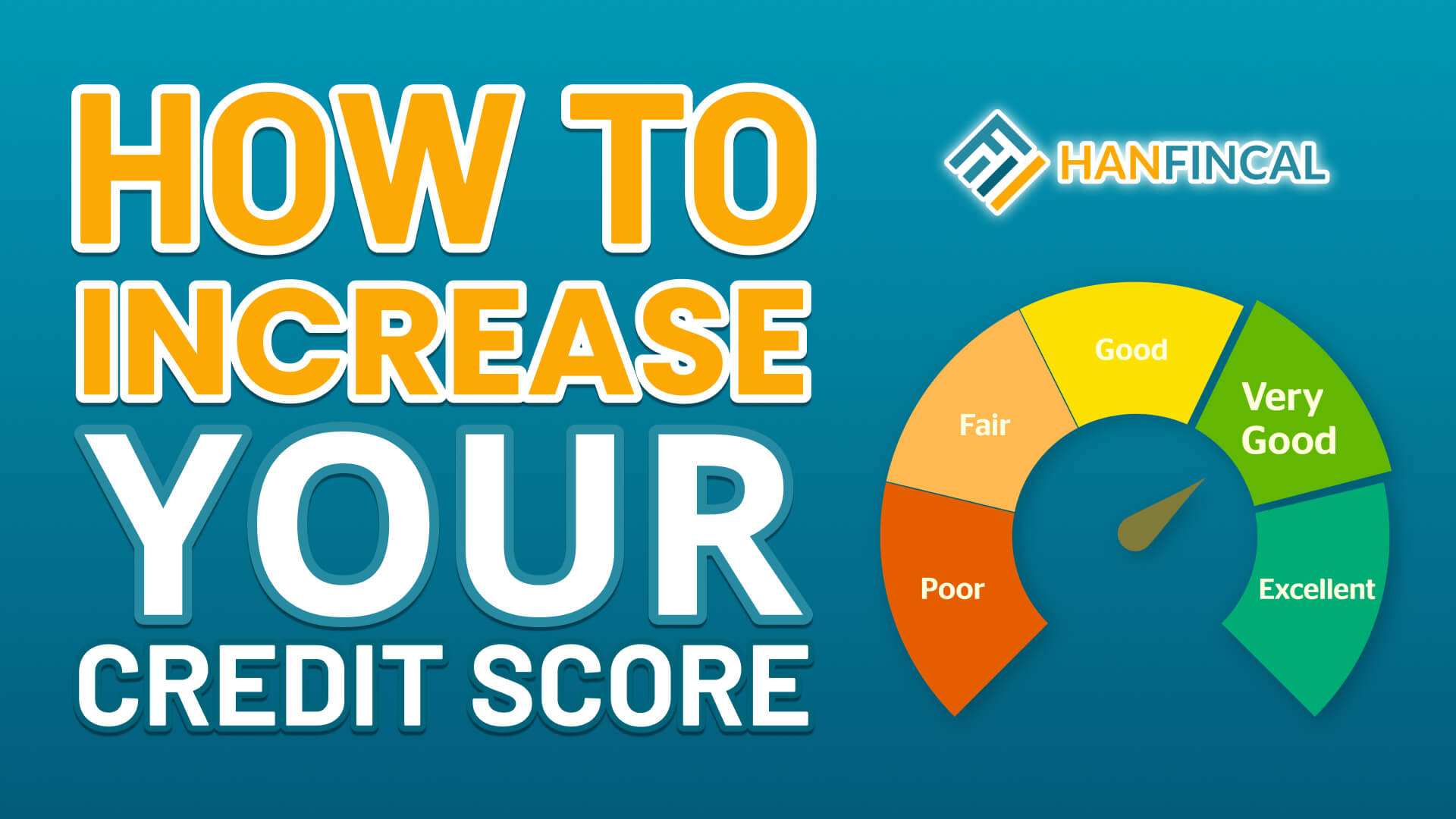You will never need to pay interest fees again if your card has a credit card grace period and you can cover the bill. You only have to pay your monthly balance in full before the grace period expires. But how do I know when and how to take advantage of this opportunity? This article from Hanfincal will provide you with the best solution.
1. What is a credit card grace period?
A grace period is when you will not be charged interest on credit card purchases. Alternatively, this is the time interval between the end of a billing cycle and the date your payment is due.
If your card has a grace period, based on different factors, such as whether you’ve paid your previous total balance by the due date each month, it may influence whether the grace period applies to purchase.
Cards with a grace period must ensure that your bill is received at least 21 days before it is due. This time frame ensures you have enough time to pay your bill before your creditor starts charging you interest. As a result, many grace periods include the required 21 days plus two to four days for printing and mailing.
You do not pay interest on purchases made within a billing cycle if paying your bill in full before the due date.
2. How does a credit card grace period work?
A grace period allows you to purchase something but not pay interest on it for a set time—as long as you pay your balance in full. Billing cycles are used to calculate grace periods. Credit cards operate on each month’s billing cycle, with two key dates involved:
- The payment due date: Your payment due date must be on the same day of each month and at least 21 days after the statement closing date.
- The statement’s expiration date is when your credit card company totals up all of your account activity from the previous month — purchases, cash advances, payments, and so on — and generates your credit card statement.
When receiving your credit card bill, it will include two key figures:
- The bare minimum is: You must make a payment of at least this amount by the due date. If you don’t, you’ll be charged a late fee.
- The statement balance is the total amount owed on the closing date, which is the day the statement was generated. If using your card after the closing date, your “current balance” might be higher than the statement balance when you receive your bill.
In case you pay your entire statement balance by the due date, you will receive a grace period for the following billing cycle. Once the grace period begins, you will not be charged interest on new purchases until the end of that cycle. In essence, the credit card company is lending you money for free. Of course, if you pay the bill for that cycle in full by the due date, the grace period is extended for another cycle. If you do it month after month, credit card interest will no longer be an issue.

How does a credit card grace period work?
3. How long is the typical credit card grace period?
Most credit cards have a 25-day grace period (between receiving a statement and paying the bill). For February statements, some issuers reduce the grace period to 23 days. On the other hand, Grace periods can differ between issuers and even between cards.
Your credit card grace period should last at least 21 days. This is because credit card companies must send you your bill at least 21 days before charging you fees. However, grace periods of more than 25 days are uncommon. There will be no grace periods that last more than 30 days.
Your credit company will charge you interest if you pay less than the total balance, miss payments, or pay your bill late. Moreover, if you miss a payment or pay late, you will usually be charged a late fee.
4. Can you lose your credit card grace period?
Grace periods are only applicable if you make total payments each month on time. If carrying your balance from one billing cycle to the next, that balance will not be eligible for a grace period. Furthermore, any purchases made during the next billing cycle will start accruing interest from the date you make purchases.
Therefore, if you don’t consistently pay your entire balance, you will still pay no interest, while extra charges will be added in other months. Most card companies reinstate grace periods after cardholders pay their outstanding balance in full for one or two months.

Can you lose your credit card grace period?
5. How to make the most of your grace period?
Credit cards with grace period are a benefit provided by the credit card company to the credit cardholder. Here are 3 options to make the most of your grace period.
5.1. Create a budget
You can’t just keep track of your monthly bills and expenses and expect to pay off your debts. So, setting a budget will help you control and manage your monthly costs. Once you’ve figured out how to maximize your grace period, you can treat your credit card like an interest-free loan. You will not pay interest on any purchases if you pay your statement total balance every month before your grace period.
5.2. Pay your monthly statement in full and on time
Paying in your entire balance will help you avoid interest charges. If you can’t pay off your statement balance entirely, try making a smaller payment. However, ensure that none of your payments is less than the minimum. Any remaining balance on your statement balance and any new purchases charged to the card will begin to accrue interest, but the smaller the balance, the less you’ll spend on interest.
5.3. Give yourself added time between purchases
Suppose you want to make the most of your grace period when your credit card purchases coincide with your card’s billing cycle. Remember that your grace period begins when your billing cycle ends. If you make a large purchase at the start of your billing cycle, you will have the whole process plus the grace period before your credit card issuer begins charging interest on that purchase. This could provide you with nearly two months of interest-free borrowing.
Understanding how your credit card grace period works can help you manage your balance and avoid paying unnecessary interest. Don’t pass up this chance to save as much money as possible. Hanfincal believes that this article will assist you in gaining knowledge in this area.
==> Read More:




